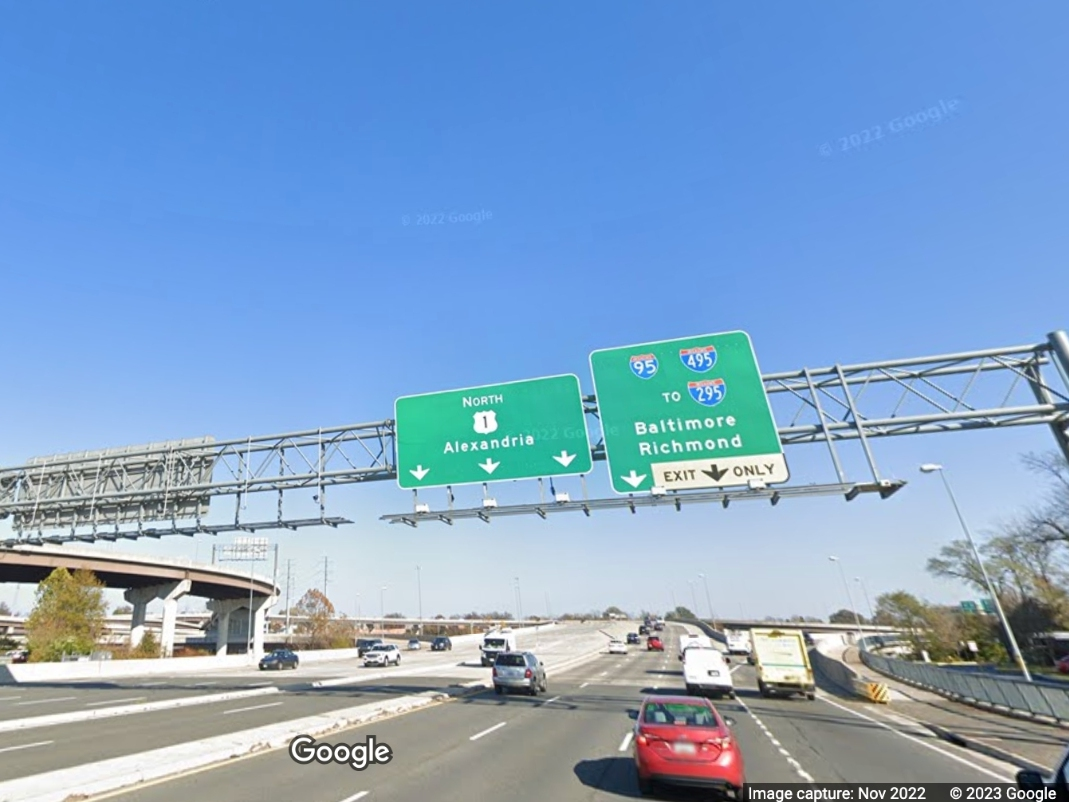Seasonal & Holidays
Record 4th Of July Travel Predicted: Best, Worst Times To Travel In Virginia
With families eyeing extended weekend trips for July 4, here are the worst travel times expected in Virginia and across the U.S.

VIRGINIA — Independence Day celebrants in Northern Virginia are expected to join a record 70.9 million Americans who plan to travel 50 miles or more from home over the extended 4th of July holiday period, AAA projects.
For the first time, the travel group looked at the entire 4th of July week, bookended by the Saturday before the holiday and the Sunday after. Travel is expected to be 5 percent higher this year than last, and 8 percent higher than in 2019.
The 2024 Independence Day travel period is expected to be the busiest ever, with 5.7 million more people traveling than in 2019, the last year before the pandemic, Paula Twidale, AAA Travel’s senior vice president, said in a news release.
Find out what's happening in Old Town Alexandriawith free, real-time updates from Patch.
The group projects a record 60.6 million people will travel by car during Independence Day week, 2.8 million more than last year. Air travel is also expected to set a new record, with 5.74 million people flying to their destinations, a 12 percent increase over 2019.
AAA Mid-Atlantic is predicting 1.82 million DC metro area residents will travel 50 or more miles during the Independence Day holiday period, which runs from Saturday, June 29 to Sunday, July 7. That would be above the 1,720,934 DC area residents traveled during the 2023 Independence Day holiday period.
Find out what's happening in Old Town Alexandriawith free, real-time updates from Patch.
Most of the anticipated DC area travelers — 1.62 million —will be hitting the roads. Another 129,215 could take flights and 79,404 could use other methods like buses, trains or cruises, both of which would be an increase from 2023.
"With school out across the country, summer vacations are in full swing, and the 4th of July holiday seems like the perfect time for a getaway," says Ragina Cooper Ali, an AAA spokesperson in the DC region. "We are seeing that a residual impact of COVID has been greater work flexibility, affording many the opportunity to work remotely and extend weekend and holiday trips."
Fourth of July travelers whose route takes them through the DC region should avoid peak congestion times on major highways, according to transportation data provider Inrix. The Virginia Department of Transportation expects Wednesday and Sunday to be the busiest days on Virginia's interstates, with heavy congestion possible from 12 p.m. to 7 p.m.
The worst bottlenecks are predicted on northbound and southbound Interstate 95 around Fredericksburg and Northern Virginia on Wednesday and Friday through Monday. VDOT also expects congestion to and from Virginia Beach from 10 a.m. to 7 p.m. during the holiday period and northbound Interstate 77 in the Wytheville area from 2 p.m .to 6 p.m. during the holiday period.
VDOT is suspending most highway work zones and lane closures on interstates and major roads from July 3 to 5, but semi-permanent work zones may remain. VDOT's travel trends map shows predictions for peak congestion during the holiday travel period.
Gas prices are similar to this time last year, when Virginia average was $3.31, and AAA expects them to creep up leading into Independence Day. The statewide average on Thursday, June 27 was $3.33. AAA noted Virginia's gas tax will increase by 1 cent to 30.8 cents per gallon on July 1.
Domestic airfare is about 2 percent lower than last year, and the average price for a roundtrip ticket is $800. Airports are expected to be packed throughout the travel period. AAA recommends reserving airport parking ahead of time, getting there two hours early, and traveling only with carry-on luggage to save both time and money.
Here are the worst and best times to travel by car (all times local), according to Inrix:
- Tuesday, July 2: 2-6 p.m. (worst time); after 7 pm. (best time)
- Wednesday, July 3: 2-7 p.m. (worst time); before noon (best time)
- Thursday, July 4: 2-7 p.m. (worst time); before noon (best time)
- Friday, July 5: 11 a.m.-4 p.m. (worst time); before 10 a.m. (best time)
- Saturday, July 6: 10:30 a.m.-2:30 p.m. (worst time); before 10 a.m. (best time)
- Sunday, July 7: 2-8 p.m. (worst time); before 11 a.m. (best time)
- Monday, July 8: 1-5 p.m. (worst time); after 7 p.m. (best time)
Get more local news delivered straight to your inbox. Sign up for free Patch newsletters and alerts.